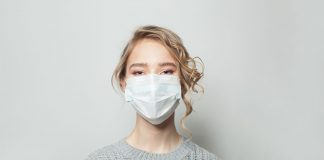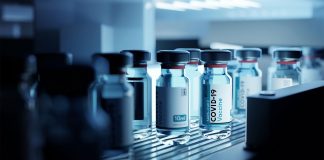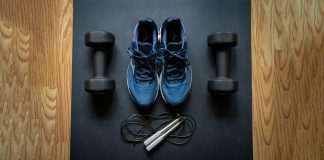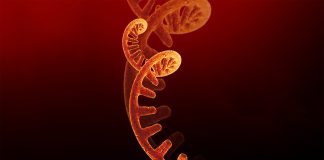The dangers of excessive sleep
Numerous studies have shown the negative effects of sleep deprivation. However, the problem of excessive sleep is also something to be wary of.
COVID-19: What we have (not) missed during the lockdown
Life in lockdown had an atypical rhythm and texture. While for some this upset their daily lives, for others it was an unexpected response to an unspoken need.
Are COVID-19 vaccines safe? What guarantees the absence of compromise?
How was it possible to produce a vaccine against COVID-19 in less than a year, and what guarantees are there that there were no compromises in the process? What can we say about the COVID-19 vaccine's safety?
Our daily E-numbers: an epidemic of suspicion (Part II)
The first part of this discussion essentially highlighted that, despite the alarming and catastrophic claims surrounding E-numbers, these substances are generally far less harmful than many believe. In the following section, we will examine some of the most criticised and controversial E-numbers in Romanian public discourse. Let’s begin with the one often described as “the most TOXIC/CARCINOGENIC additive”: E330.
COVID-19 and our low-risk but endangered children
All COVID-19 statistics lead to the same conclusion: the young ones, our children, are at the lowest risk of getting ill or dying from the virus. That’s comforting. But the pandemic does pose a certain danger to them.
Our daily E-numbers: an epidemic of suspicion (Part I)
British researcher N. W. Pirie noted as far back as 1969 that few topics give rise to as many myths as food, disease, and gardening. Given the widespread misinformation surrounding E-numbers, there is far too much to cover in just a few pages. However, it is worth clarifying some general aspects that are often misunderstood or completely overlooked.
#SELFCARE for Christians
The concept of self care—defined as the entirety of ways in which a person understands how to solve their emotional problems and manage their anxieties—has become a real movement in the past two years with an entire industry ready to make our lives easier and more comfortable. For Christians, however, this trend has proven to be quite problematic: making our lives easier is...
COVID-19: What have we learned about ourselves?
Courage is not the opposite of fear, nor of caution. True courage is what you do right in the midst of fear.
Coronavirus health information: The great dilemma of quality sources
What are the most reliable sources of information on the coronavirus, and what are the arguments that advocate for their reliability?
The first line of defence: Proven efficacy of wearing a mask in preventing SARS-CoV-2 infection
How important is wearing a mask for preventing SARS-CoV-2 infection? We must say, at the outset, that wearing a mask remains important in preventing SARS-CoV-2 infection, especially because the "delta plus" variant has a high potential for contagion.
COVID-19 prevention series: An introduction
“A healthy lifestyle has been an important part of the beliefs of the Adventist Church since its early years and remains so. We are still committed to live, share, and promote healthy living as expressed by the holistic Adventist health message entrusted to the Church. The Adventist health studies have confirmed the unequivocal benefits of increased longevity and quality of life through implementing...
Sleep myths busted
There are a number of beliefs and practices around sleep that have been created and followed by many people, but which science has shown to be false and even dangerous for those who follow them.
Protect yourself from the infodemic. Which doctors give us reliable information about COVID-19?
In addition to the COVID-19 pandemic, caused by the coronavirus, an "infodemia" is spreading, as described by the World Health Organization (WHO). The overabundance of information, some false or incomplete, about the virus, about its origin and effects, as well as the measures taken by the authorities to combat the pandemic reduce people’s chances of finding reliable information about COVID-19 and the advice...
Is weight regain after weight loss inevitable?
For anyone who has ever dieted to lose weight, weight regain is the most feared nightmare. Unfortunately, the very biology of those who lose weight predisposes them to weight regain, meaning that, despite their initial success, they are likely to regain the weight they lost. Fortunately, there are strategies that can help people fight against this tendency.


























